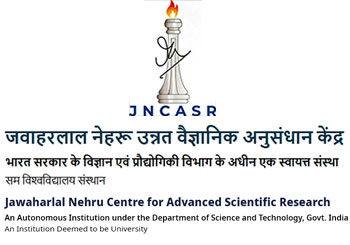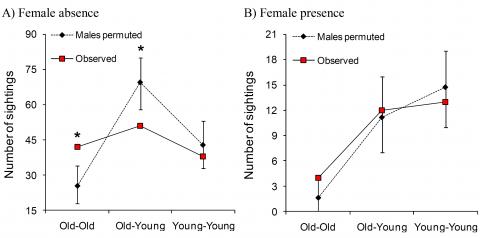T N C Vidya
T N C Vidya

I am primarily interested in vertebrate behaviour and socioecology, while maintaining broader interests in the areas of behavioural ecology, conservation biology, phylogeography, and evolutionary biology. Social animals are fascinating as behavioural interactions among individuals are influenced by various factors such as ecological conditions, demography, kinship between conspecifics leading to potential inclusive fitness benefits, and potential conflicts between conspecifics. Teasing apart the roles that these factors have played in shaping animal societies can constitute challenging and exciting research. The Asian elephant offers a wonderful non-primate mammalian system to carry out such research on as it is socially advanced, offers opportunity for inclusive fitness benefits, and inhabits ecologically diverse habitats. Since most of our current understanding of mammalian socioecological theory comes from the study of primates, studying this non-primate system can broaden our perspective of socioecological theory and further our understanding of sociality in cognitively advanced vertebrates. We have, therefore, been studying the socioecology of the Asian elephant in southern India. We also study communal roosting in mynas.
In the area of conservation biology, we have helped to estimate population sizes of Asian elephant populations by genotyping individuals using non-invasively collected dung samples. We have also used agent-based models to examine bias in population size estimation. Another area of work has been to examine how elephants and people interact with one another in the context of road traffic inside a Protected Area in southern India.
Before joining JNCASR in August 2008, I worked on mammalian sociogenetics during my postdoctoral position at Stellenbosch University, South Africa, where I examined genetic relatedness and behavioural data in two populations of the facultatively social yellow mongoose. Before that, I worked on the population genetic structure and phylogeography of the Asian elephant for my doctoral dissertation (Ph.D.: 2005), which was carried out at the Centre for Ecological Sciences, Indian Institute of Science, and in collaboration with the then Centre for Environmental Research and Conservation, Columbia University. We have continued some work on phylogeography in our lab, working on the comparative phylogeography of large mammals in the Western Ghats, southern India.
- Back to previous page
- |
-
Page last updated date:19-09-2025 03:00 PM
























